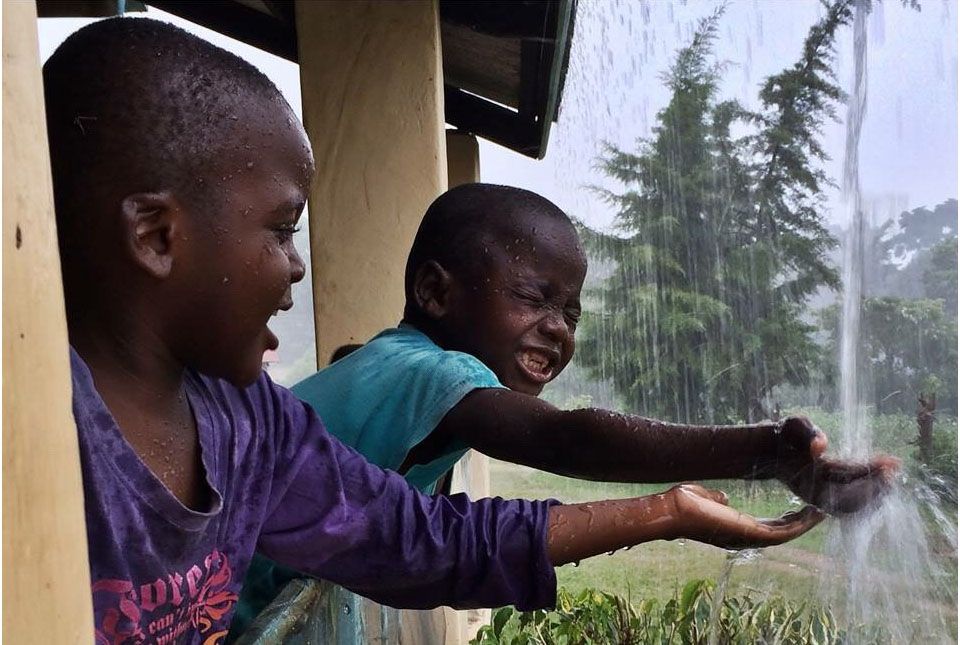Raising Resilient Kids
As school work gets more challenging, some kids feel overwhelmed and frustrated. They shy away, cry or just won't try. Parents play an important role in whether a child will be burdened by self-doubt or have the will to push through tough situations.

To push through, students need resilience. They need to have a "can-do" and never-give-up attitude. Being resilient helps them take on tough assignments with confidence. It also helps them stand up to adversity and not back down when confronted with a problem. Consequently, they develop positive social interactions with their peers and learn to fend off negative ones.
While it is true that teachers generally pace classroom instruction to meet the student's individual needs, students must also possess the ability to persevere and adjust when faced with classroom tasks that challenge their intellectual stamina. This is crucial to student learning and will be a great asset as they grow into young adults. Children who are fed a good dose of confidence and "pushed" to achieve a task, generally develop resilience and thrive in the classroom and in their social interactions at school. So what's a parent to do to build resiliency in their child?
Strategies
Parenting Style: What's your parenting style? Are you permissive or strict? Some children have a high resilience threshold. Notwithstanding the child's temperament and stress handling capacity, parents have the ability to adjust their children's reactions to adverse situations and shape their resilience. Strict or authoritarian parents are more determined to see that a child accomplishes an assigned task, whereas parents who are more permissive give children opportunities to do what's comfortable for them. To build resilience, kids must be willing to step out of their comfort zone and try things they are not accustomed to doing.
Autonomy: Give children numerous opportunities to complete tasks on their own, without your assistance. Doing things for them will cause them to lose faith in their own abilities. What better way to boost a child's skill repertoire than by asking them to accomplish new tasks as they get older and more capable? Anticipate initial protests and mistakes from them but remain persistent, encouraging and supportive to see that the task is completed.
Conversations: Have frequent conversations with your child about what to do when faced with tough situations in and out of the classroom. Tell them stories of bravery, heroism and survival and how others have accomplished difficult feats. You could recount stories like the miners in Chile who survived for 60 days before being rescued.
Belief: Breath belief into your children. This gives them a sense of hope and the confidence to work harder.
It pays to be a resilient child!
For more tips on getting the most out of your child, read Dr Ambe's book, A Teacher's Note: Helping parents prepare their children at home for success in school.
